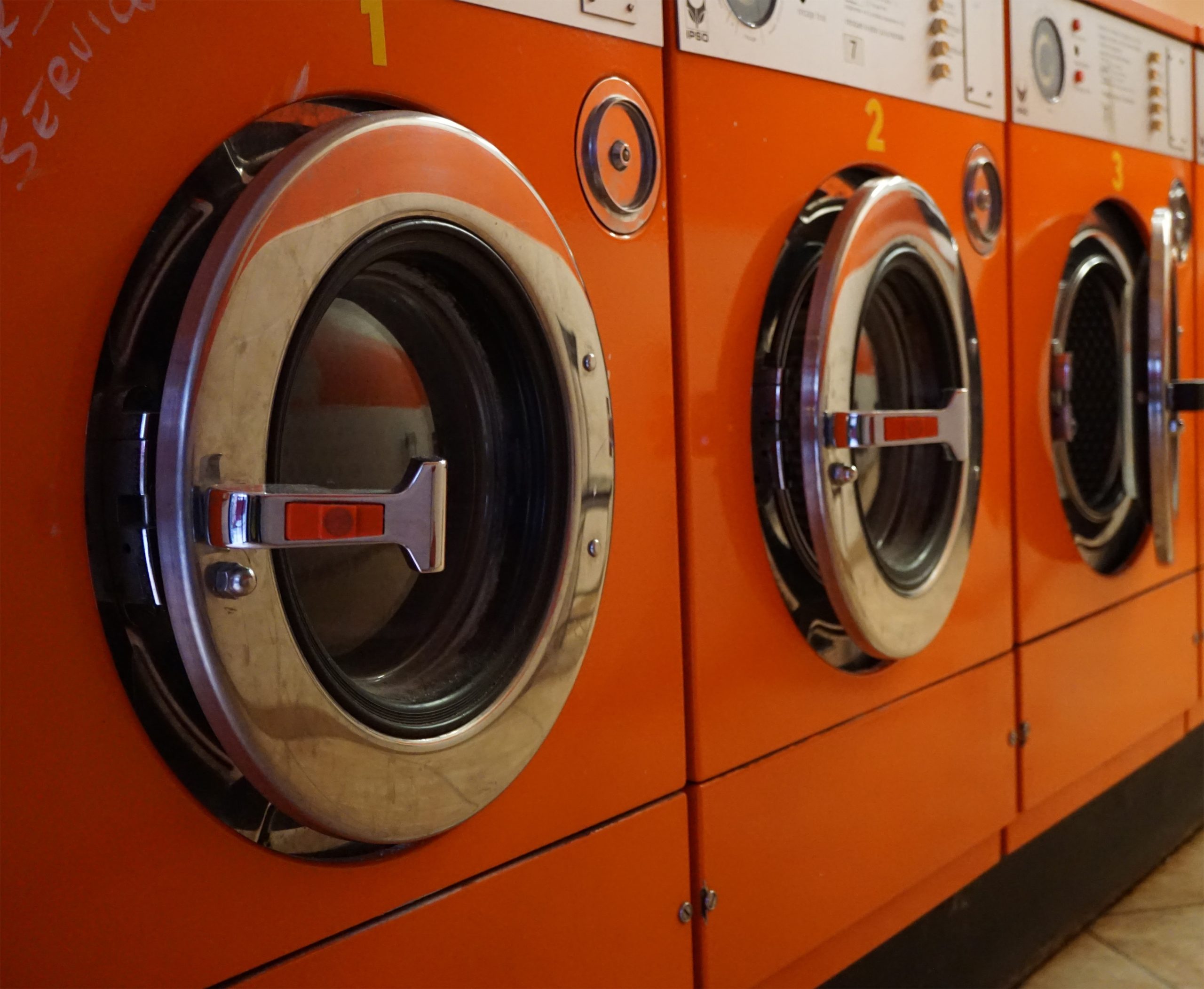Most Common Issues With Washers And Dryers
You’re just about to start a load of laundry when – oh no! Your washer’s leaking or your dryer’s not heating. Sound familiar? You’re not alone.
We’ve rounded up the most common issues you’ll encounter with washers and dryers. From unusual noises to starting problems, we’ve got you covered.
So don’t despair – let’s tackle these troubles together and get your laundry day back on track.
Washer Leakage Problems

One major headache you’ll often encounter with your washing machine is water leakage, a problem that can lead to costly water damage if not addressed promptly. This issue often arises due to a worn-out seal that requires replacement. It’s crucial to inspect the door seal regularly for cracks or tears. If you spot any, you’ll need to replace the seal immediately to prevent further leakage.
Detergent overuse is another common cause of leakage. You might think that more soap means cleaner clothes, but that’s not the case. Excessive detergent creates too many suds, which can cause the washer to overflow. So, always measure your detergent carefully.
Dryer Heating Issues
Switching gears to your dryer, you might notice that heating problems are another common issue that can disrupt your laundry routine. Often, these issues stem from thermostat failures. If your dryer’s thermostat is faulty, it won’t regulate heat properly, leaving you with clothes that are too damp or overly dry. Regular maintenance can help identify and fix this issue before it becomes a major headache.
Another common cause of dryer heating problems is inadequate venting. If your dryer’s vents are blocked or improperly installed, it can’t expel hot air effectively, leading to subpar drying performance. Regular cleaning and inspection of your dryer’s venting system can prevent such issues, ensuring your laundry dries properly every time.
Unusual Noise Troubles

In the midst of a laundry cycle, you might’ve noticed unusual noises coming from your washer or dryer, indicating potential problems that need your immediate attention. This is where Noise Source Investigation comes into play. You need to determine if the noise is coming from the motor, drum, or perhaps the belts. It’s crucial to identify the origin to effectively address the issue.
Once you’ve identified the source, you can apply Sound Isolation Techniques. For instance, if the noise is from the drum, check for loose items or balance issues. If it’s the motor or belts, they might need replacement.
Always remember, ignoring these noises can lead to more serious, costly repairs down the line. So, it’s advisable to tackle these unusual noise troubles head-on.
Washer Not Starting Dilemma
Often, you’ll find that your washer doesn’t start at all, a dilemma as common as the unusual noise troubles you’ve just learnt about. This issue can stem from various causes, most notably power supply disruptions or a faulty control panel.
If your washer’s refusing to start, first, check if there’s a power outage or if the plug’s loose. Power supply disruptions are a common culprit behind this problem. If the power’s fine, the issue might lie within the machine itself.
Your washer’s control panel might be faulty. It’s the brain of your machine, and if it’s not working properly, your washer won’t start. In such cases, you’d be better off calling a professional. It’s important not to attempt a DIY fix, as it could lead to more serious issues.
Dryer Drum Rotation Concerns
You might notice your dryer’s drum isn’t rotating, a problem that can severely impact its effectiveness. This issue often arises due to problems with drum balance adjustments. If your dryer’s drum is off-balance, it won’t rotate properly, causing your clothes to dry unevenly or not at all.

Another common issue that can affect drum rotation is the rotation speed control. If this is faulty, the drum may rotate too quickly or slowly, or not at all. It’s crucial to address these problems promptly to maintain your dryer’s efficiency.
In both cases, it’s advisable to consult a professional to diagnose the issue and make the necessary repairs. Remember, a well-functioning dryer can save you time and energy in the long run.
Frequently Asked Questions
What Are Some Common Causes of Washer and Dryer Electrical Failures?
You’re often dealing with fuse replacement or wiring issues when your washer or dryer fails electrically. Faulty wiring can cause power surges, while a blown fuse typically indicates an overload in the system.
How Often Should I Clean Out My Dryer Vent?
You should clean your dryer vent every six months. Vent blockages can cause inefficiency and increase fire risks. Regular cleaning ensures your dryer’s safe and efficient operation. Don’t overlook this important task!
How Can I Prevent Mold and Mildew Growth in My Washer?
To prevent mold and mildew in your washer, you’ve got to make smart detergent choices. Also, consider the effects of fabric softener. Leave the door open after use for air circulation and dryness.
What Is the Average Lifespan of a Washer and Dryer?
You’re probably wondering about the average lifespan of a washer and dryer. Well, with recent washer efficiency and dryer innovations, they’re likely to last about 10-13 years if you’re maintaining them properly.

What Are the Signs That I Need to Replace My Washer or Dryer?
You’ll know it’s time to replace your washer or dryer when you notice excessive appliance noise or persistent washer leaks. Other signs include constant repairs or your clothes aren’t getting properly cleaned or dried.
Conclusion
So, you’ve encountered a few hitches with your washer and dryer, huh? It’s not unusual. From leaky washers to dryers that won’t heat, these common issues can be a real headache.
But don’t stress, each problem has a solution. Maybe your washer won’t start or your dryer drum won’t spin, whatever the issue, remember you’re not alone. These are everyday hassles that can be fixed.
Keep your chin up, you’ve got this.
